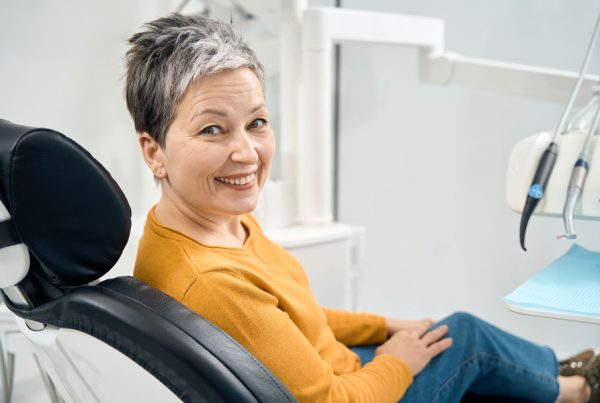Here at 543, we’re concerned with ensuring your oral health, but we also know that general health affects your dentition (and vice-versa) and are committed to helping ensure ALL of you stays healthy. For this reason, we will be supporting Eating Disorders Awareness Week from 26th February to 4th March. It is an international awareness event, run by eating disorder charity Beat, to fight the myths and misunderstanding that surround the issue.
We’ve therefore rounded up the three most prolific myths about eating disorders in the hopes that you’ll help us spread the word and put these to rest.
Myth: Eating disorders are a ‘girl thing’.
Fact: Eating disorders can affect anyone, regardless of their gender or indeed other factors such as age and ethnic background. Researchers and clinicians are becoming aware of a growing number of men and boys seeking help for eating disorders, estimating that up to one-third of all eating disorder sufferers are male.
Myth: Eating disorders aren’t reallythat serious.
Fact: Eating disorders have the highest mortality rate of any mental illness. In addition to medical complications from binge eating, purging, starvation, and over-exercise, suicide is also common among those suffering from eating disorders.
Myth: Eating disorders are a choice.
Fact: Eating disorders, along with other mental illnesses, are physical conditions that patients don’t choose and can’t simply ‘snap out of’. Research shows that biological/genetic, social and environmental factors all work together to determine who might develop eating disorders. Treatment is complex, may involve a combination of medication and therapy and usually takes a great deal of time and persistence.
The good news? Eating disorders are usually treatable, especially if caught early. As with so many diseases, the key is awareness, leading to early detection, which in turn improves survival rates. So please help us dispel these myths by sharing this post on your social media – you never know whose life you might be saving!



